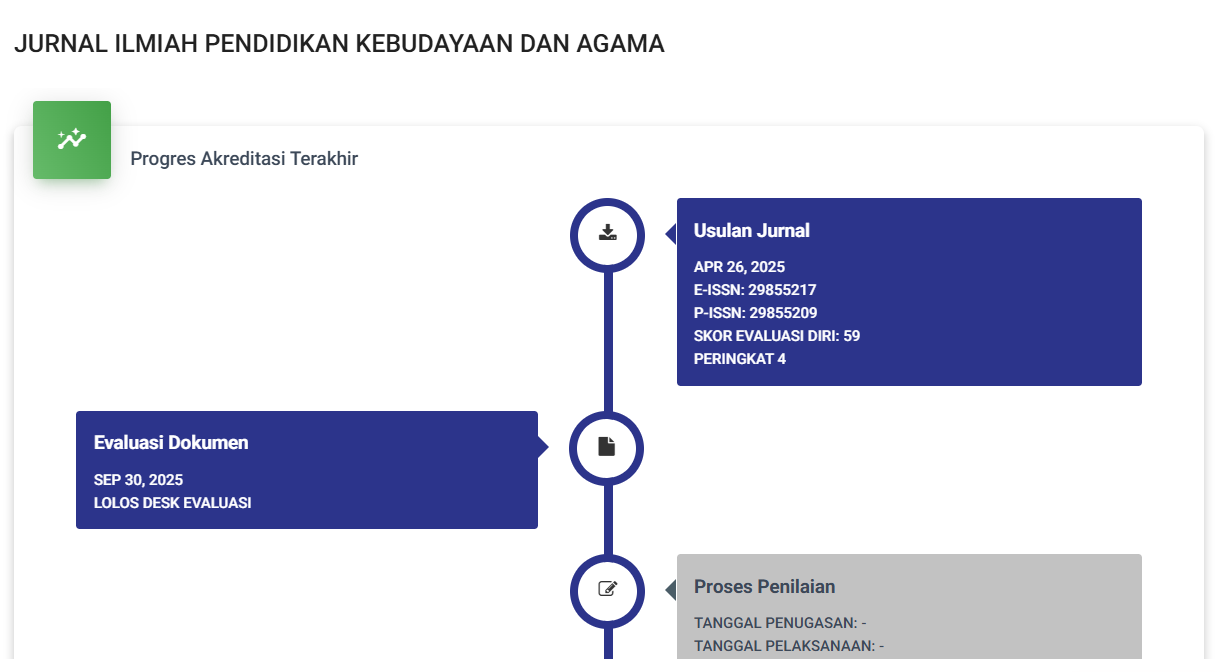FILSAFAT PENDIDIKAN ISLAM PERSPEKTIFONTOLOGI EPISTEMOLOGI DAN AKSIOLOGI
DOI:
https://doi.org/10.59024/jipa.v2i1.530Abstract
Abstract. In general, Islamic educational philosophy is an effort to guide humans in depth, both physically and spiritually, based on the Islamic religion so that the main personality is formed in accordance with Islamic teachings. Philosophy is an attitude or view of life and an applied field to help individuals evaluate their existence in a way that is more satisfying. Philosophy brings us to understanding and understanding brings us to appropriate action. Philosophy needs understanding for someone who is involved in the world of education because it determines one's thoughts and directs one's actions to achieve goals. In general, systematic philosophy has three main discussions or parts, namely; epistemology or theory of knowledge which discusses how we obtain knowledge, ontology or theory of nature which discusses the nature of everything that gives rise to knowledge, and axiology or theory of values which discusses the use of knowledge.
References
Bahrum. (2013). Ontologi, Epistimologi dan Aksiologi. Sulesana: Jurnal Wawasan Keislaman Volume 8 Nomor 2 , 35.
Chasanah, U. (2017). Ontologi, Epistimologi, dan Aksiologi Pendidikan. Tasyri: Jurnal Tarbiyah-Syari'ah Islamiyah.
Harapan. Tafsir, A. (n.d.). Filsafat Umum, Akal dan Hati Sejak Thales Sampai Capra. Bandung: PT. Remaja Rosdakarya.
Praja, P. D. (2005). Aliran-Aliran dalam Filsafat dan Etika. Jakarta: Prenada Media.
S. Suriasumatri, J. (2003). Filsafat Ilmu, sebuah Pengantar Populer. Jakarta: Pustaka Sinar
Downloads
Published
Issue
Section
License
Copyright (c) 2023 Muhammad Qadafi, Wedra Aprison, Ali Akbar

This work is licensed under a Creative Commons Attribution-ShareAlike 4.0 International License.










